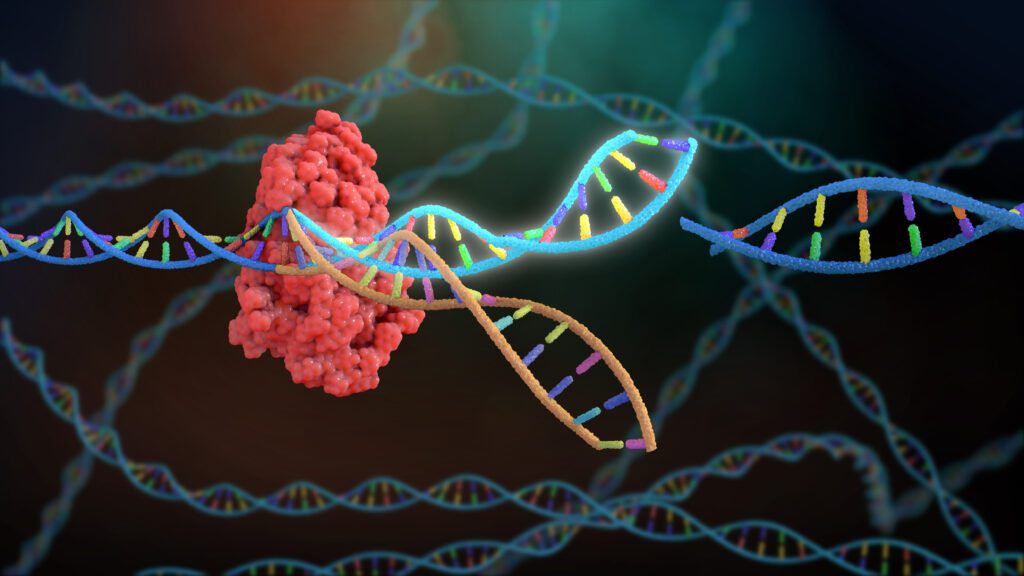
Creative Biolabs provides custom CRISPR-assisted gene editing solutions designed to support gene therapy, drug development, and fundamental research.
CRISPR technology holds the potential to heal genetic disorders in humans through gene editing. This potential was realized when regulators authorized the first CRISPR therapy to treat individuals with sickle cell disease and beta-thalassemia last year.
Creative Biolabs has worked in this field in recent years and established mature CRISPR platforms, integrating gene editing, functional screening, and delivery system construction. With this platform, the company aims to address key challenges in functional studies, disease modeling, and therapeutic development.
“We are confident about our CRISPR platform and are dedicated to offering custom CRISPR -assisted gene editing solutions to confront different problems during research,” said a senior scientist at Creative Biolabs. “Whether clients need to generate stable cell lines, conduct functional screens, or optimize delivery methods, we’re here to support each step with technical expertise.”
Featured CRISPR -assisted gene editing services include:
In functional genomics, the CRISPR-based screening platform supports CRISPR-KO, CRISPRa, and CRISPRi formats and yields consistent, reproducible, and high-throughput results across diverse biological systems. “Our CRISPR screening service is based on a carefully standardized and quality-controlled process,” said the functional genomics lead. “We need to help researchers identify key genes in complex biological systems.”
Beyond screening, effective delivery is also a vital component in the success of CRISPR applications. Proper delivery agents are crucial to optimizing editing efficiency while reducing toxicity and immune reactions.
Creative Biolabs provides custom solutions for the construction of CRISPR delivery agents, including viral vectors (such as AAV, lentivirus, etc.), lipid nanoparticles (LNPs), or electroporation systems. The choice of delivery agent depends on the experimental conditions as well as the specific cell types to be transfected. “Generally, the success of an experiment is dependent upon the delivery efficiency,” the scientist explained. “We are dedicated to coming up with the most appropriate solution for each project.”
For more information